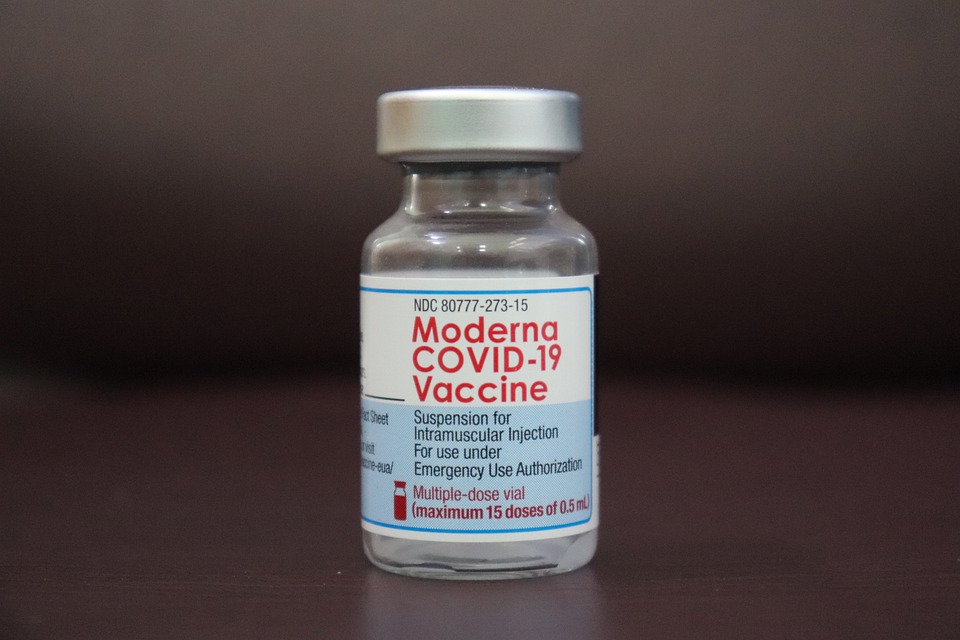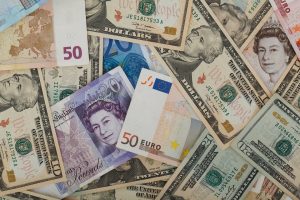
Moderna CEO’s Warnings About Omicron Sent Asia’s Stock Markets Down
Traders feared the Omicron strain would be more impervious to vaccinations, causing broader worldwide financial upheaval, which is weighing heavily on Asian stock markets on Tuesday.
The region’s trade on Monday mirrored Wall Street, which responded favorably to President Joe Biden’s announcement that future lockdowns due to the variation were off the agenda for now.
Most major Asian asset markets increased risk aversion after the director of pharmaceutical Moderna told the Financial Times that COVID-19 vaccinations may not be as useful against the Omicron variant of the coronavirus as they have been against the Delta strain.
Currencies And Stock markets
FX analyst Joe Capurso of Commonwealth Bank of Australia said it’s bad news and it’s clear as day. He went on to explain that market forces have reacted as expected, with the Aussie and Kiwi suffering the most.
The Australian Dollar fell to $0.7112, approaching its year-low. In the trading on Tuesday, MSCI’s benchmark Asia-Pacific outside Japan index fell 0.45% after rising as high as 0.5%.
According to Jack Siu, Credit Suisse’s Greater China Head Investment Director, the markets are beginning to price in some risk. The rebound should continue, but we are in a volatile situation.
The S&P/ASX200 finished up 0.22% after rising 1.15% earlier. The Nikkei retraced all of its previous advances of 1.2% and ended the day in the red.
The Hang Seng Index fell 1.86%, while the CSI 300 index fell 0.3%. Analysts say the Hang Seng fell below a significant technical support line of 24,000, causing Hong Kong to sell.
Early European trading saw the Euro Stoxx 50 down 0.63% at 4,080, the German DAX down 0.43% at 15,209, and the FTSE down 0.43% at 7,084.5. The S&P 500 e-minis fell 0.53% to 4,634.3.
Fears About The New Strain
JP Morgan Private Bank’s director of investment planning for Asia, Alex Wolf, stated that traders are still digesting what the new variation may entail for regulatory responses such as additional restrictions, lockdowns, and fiscal policy implications.
Official figures showed that the services industry in China developed at a slower tempo in November than in October, as officials rushed to curb the current epidemic.
The formal non-manufacturing purchasing managers’ index (PMI) decreased from 52.4 in October to 52.3 in November, according to the NBS.
Some traders are still wary about Omicron’s potential to disrupt commerce, travel, and economic activities. According to James Rosenberg of EL&C Baillieu in Sydney, Omicron has so many uncertainties.
After such a good run and high valuations, the market is always subject to a shakeout on risky news. On Monday, the Dow Jones Average rose 236.6 pts, or 0.68%, to 35,135.94, the Nasdaq Composite went up 291.18 points or 1.88%, and the S&P 500 rose by 60.65 points, or 1.32%, to 4,655.27.
The yield on 10-year Treasury bonds was 1.4987% in Asia on Tuesday, compared to 1.529% on Monday. The two-year yield increased to 0.509%, compared to a 0.51% close in the United States.
Gold rose to $1,793.46 an ounce in Asian trading after falling in the US session due to strengthening equity markets. The price of US crude fell 1.93% to $68.6 per barrel. Brent crude dipped to $72.04.









































